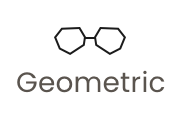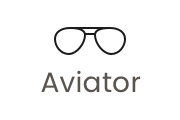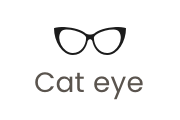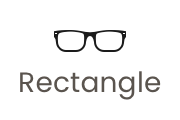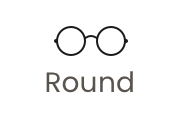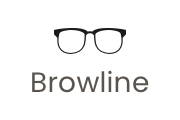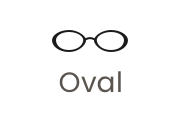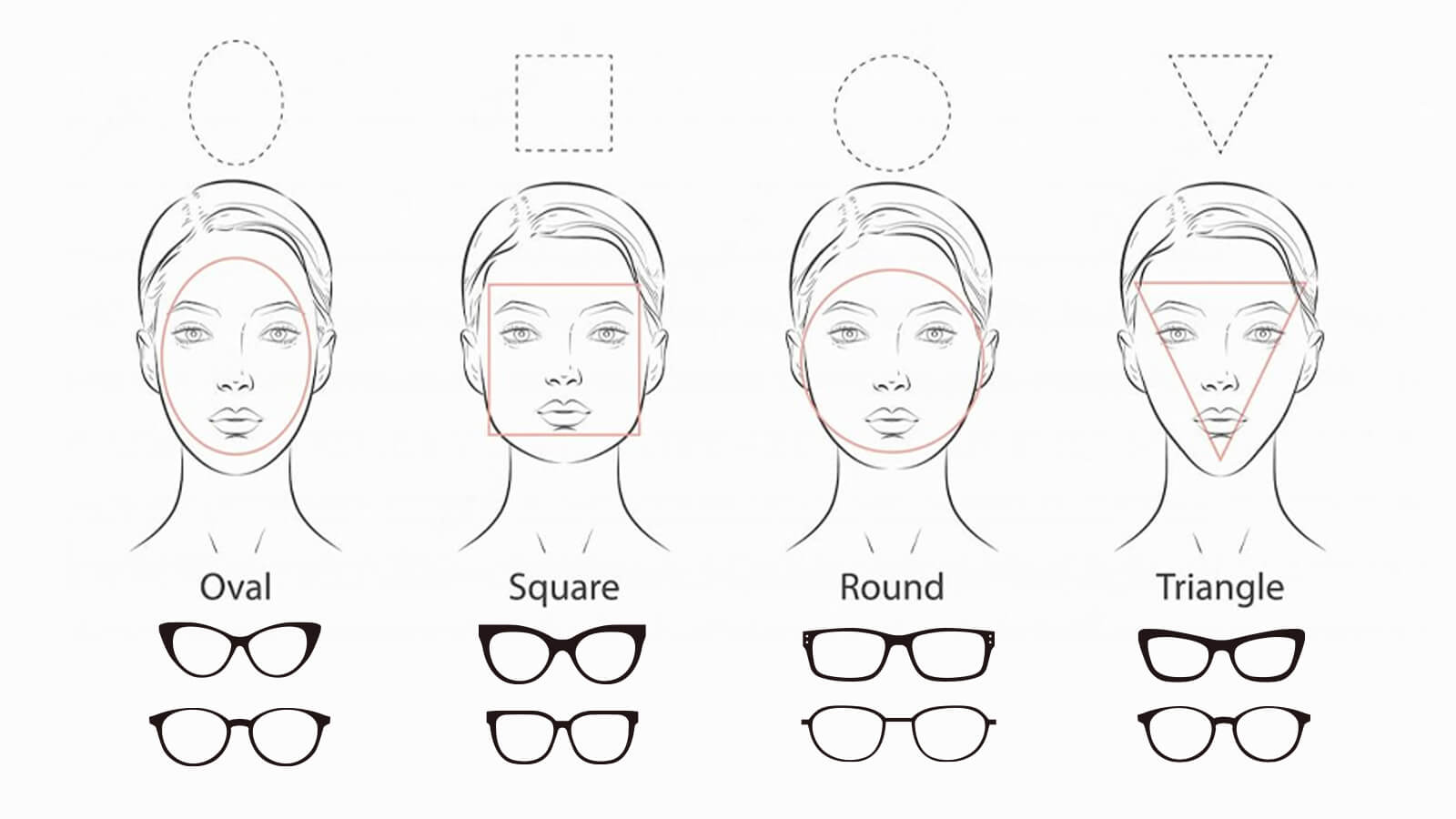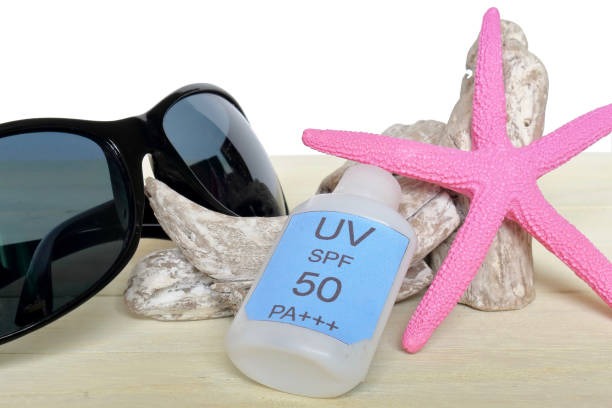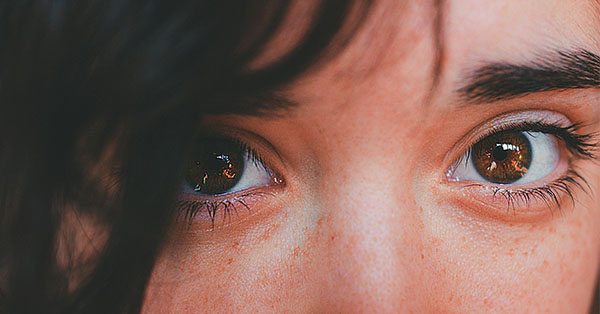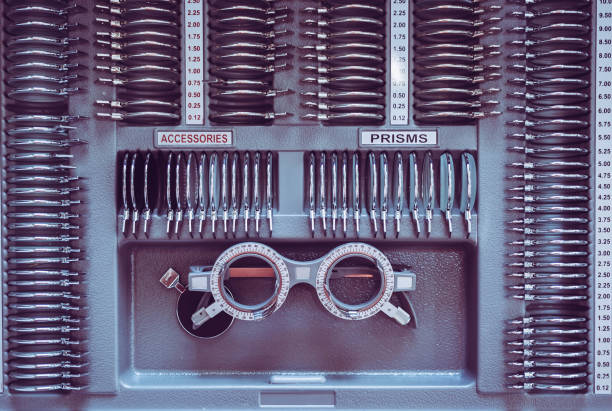
Guide to Picking Glasses That Suit Your Face Shape Perfectly
February 27,2023

What is Boho Style? A Comprehensive Guide to Boho-Chic Fashion
February 13,2025

Virtual Glasses Try On - Find Your Perfect Pair Online
April 02,2024

UV Protection Glasses VS. Blue Light Glasses - Vooglam
July 20,2023

Newest Style Modern Trendy Mens Glasses | Vooglam
March 01,2024

Stylish Reading Glasses: Blending Fashion with Functionality
February 16,2023

What are photochromic lenses & glasses?
September 22,2023

Brown Eyes: The Beauty of the Most Common Hue
September 01,2024

The chubby face glasses for round face female
August 02,2023

What are prisms in eyeglasses?
March 20,2023

What are Bifocal Lenses? - Vooglam
April 14,2023

How to Read Your Eyeglass Prescription?
March 11,2023
What Ages Should Kids Get Glasses? - Vooglam

As parents, we always want to make sure our kids have the best possible start in life. An important aspect of kids' health is the health of their eyes. So, at what ages should kids get glasses when there are signs of health concerns about their vision? In this article, we'll discuss some important factors and provide age-appropriate guidelines for when a child may need to start wearing eyeglasses. Let's get started!
The Development of Vision in Kids
Before exploring whether kids need glasses at different ages, it is important to understand how a kid's vision develops. The following are some key points:
Infants are usually born with blurry vision, but their eyes develop sharper focus during the first 1-5 months of life. By six months of age, infants begin to develop depth perception. By about three years of age, most kids have a vision at or near 20/20.
Guidelines for age-appropriate glasses
Each child's vision needs are unique, but here are some general age-based guidelines to help you determine when your child may need kid's glasses:
Infants and toddlers (0-2 years)
At this age, it is less likely that your kid will need glasses. However, if your kid has a congenital eye condition or a significant refractive error, they may need glasses even as an infant.
Preschoolers (3-5 years old)
Vision problems become more apparent in preschoolers as they begin to engage in more visually demanding activities. If your kid has difficulty with tasks such as identifying shapes or matching colors, this condition requires prompt medical attention for further testing and potential treatment.
School-age kids (6-12 years)
As kids begin to read and write more, vision problems may become more apparent and it becomes more important to check their vision regularly, as undiagnosed vision problems can lead to learning difficulties and even make your kids less confident. Frames are routinely used to correct vision problems at this stage, and of course, as a parent, it is important to do a good job of redirecting your kid's mind.
Adolescents (13-18 years old)
Teenagers' eyes are still developing and their vision can change rapidly. Regular eye exams are essential to detect changes in eyeglass prescription early and replace lenses in a timely manner.
Signs your kids may need glasses
It's time to schedule an eye exam for your kids to detect whether the child is myopia or farsighted if you notice the following:
- Sees very poorly at normal distances, such as difficulty recognizing faces or reading text;
- Always squinting to see dirt or text more clearly;
- Frequent headaches or eye rubbing;
- A habit of sitting too close to the screen on a television or computer.
The importance of regular eye exams
Whether your child currently needs glasses or not, it is vital to schedule regular eye exams for them. Eye exams can help identify vision problems early so that they can be treated promptly and reduce the risk of long-term problems. As a rule of thumb, their eyes should be examined at the following time points:
At six months of age;
At three years of age;
Before starting school (around age 4-5).
Every two years thereafter until your child's vision prescription is not changing, or until the frequency of vision exams is adjusted as recommended by your eye care professional.

Conclusion
In summary, it is important to proactively monitor your kids' eye health. By watching for signs of abnormalities in their demeanor and behavior and scheduling regular eye exams, you can help ensure that your kid has the best possible vision at every stage of their development. If your kids do need glasses, get them to have a positive attitude about wearing them by encouraging them. Remember, early detection and intervention can be very beneficial to your child's long-term eye health.

Vooglam Blog
Vooglam blog shares professional knowledge about eyeglass frames, lenses, etc., and provides help when purchasing and using eyewear products. At the same time, Vooglam focuses on fashion glasses to interpret the trend of glasses for you.







